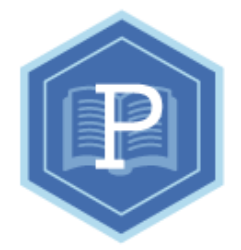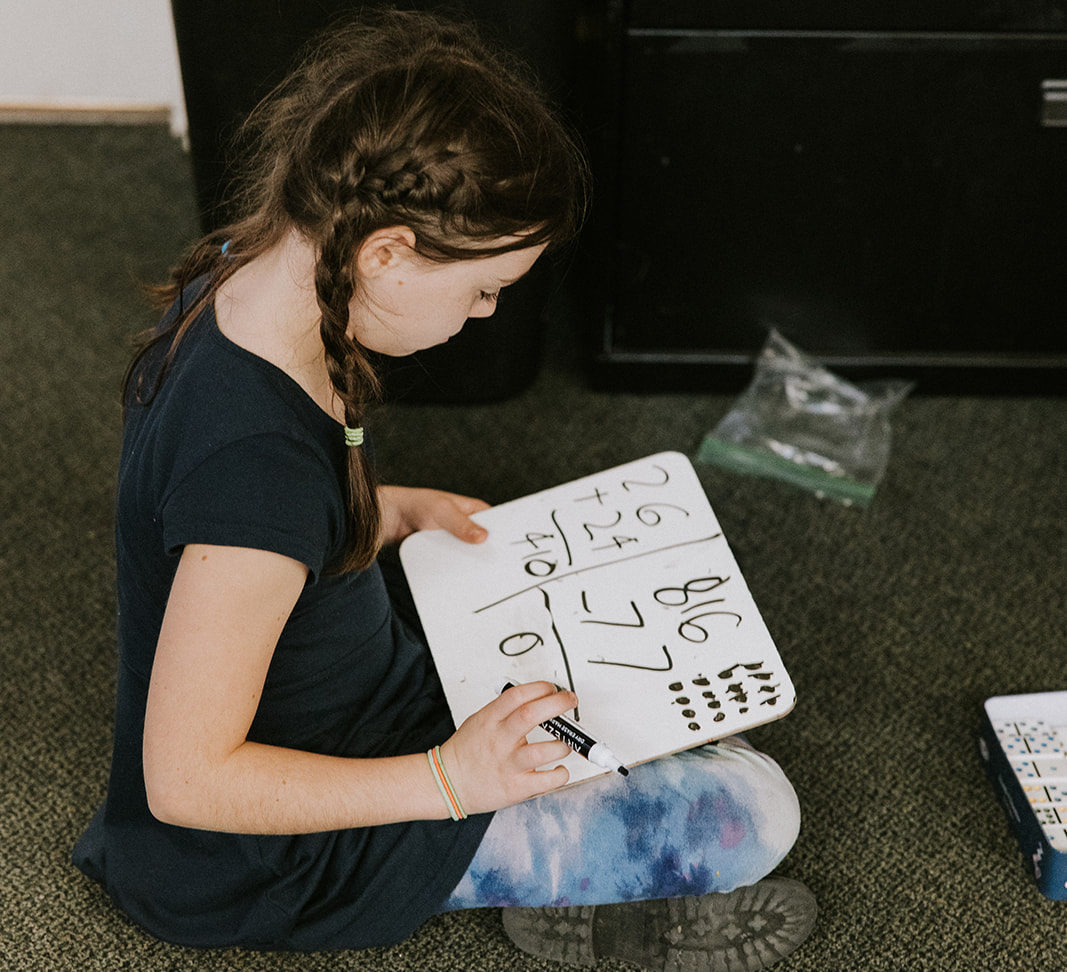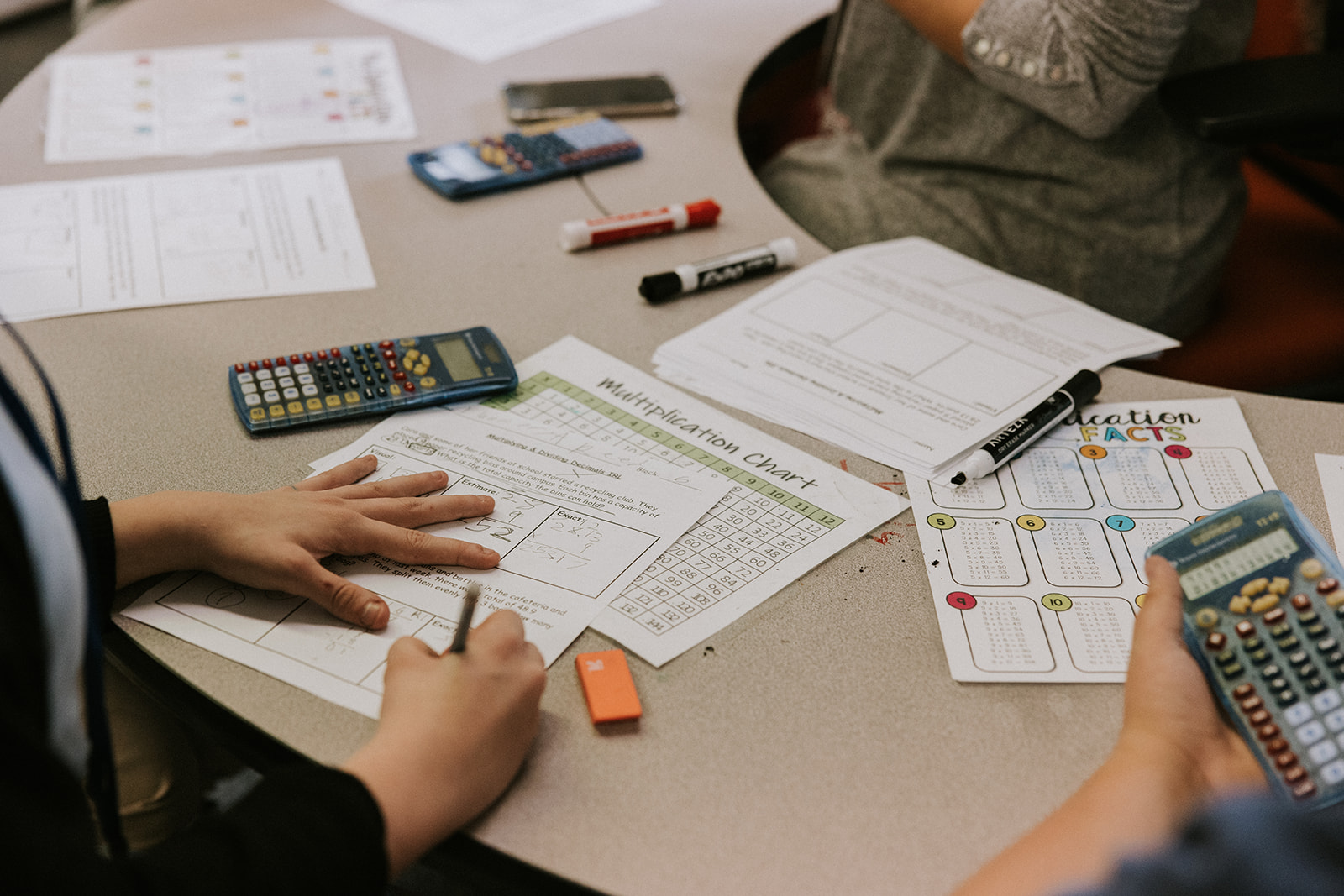The goal of mathematics instruction at Provident Charter School is to create active learners who think critically, persevere through difficult problems, and engage in real-world application of mathematical concepts. Mistakes are viewed as learning opportunities for students to develop their understanding as they explore rigorous grade-level standards through a research-based sequence of instruction, Concrete-Representational-Abstract (CRA). Students collaborate with their peers to deeply understand and utilize the language of mathematics, using their voice in high-value discourse routines designed to support the generalization and transfer of mathematical concepts.
Eureka Math: Grades 2-5
Eureka Math2 is a comprehensive math program that strategically revisits skills so students develop mastery over time and not in a single lesson or module. The daily fluency segment is designed to prepare students for new learning by activating prior knowledge and bridging small learning gaps. An accessible entry point in each lesson’s Launch builds context and often creates a productive struggle, leading to a need for the learning that follows. Suggested facilitation styles vary and may include direct instruction, guided instruction, group work, partner activities, interactive video, and digital elements. Students solidify their thinking by regularly sharing their mathematical knowledge through discussions and other instructional routines, including Critique a Flawed Response and Co-Construction. Problems and exercises are intentionally sequenced from simple to complex, reducing support incrementally to promote student discovery and productive struggle. EM2 encourages teachers to assign classwork by using a “time frame” rather than a “task frame.” Within a given time frame, students are expected to do their personal best, working at their maximum potential.
Grade 2 Modules
- Place Value Concepts Through Metric Measurement and Data
- Addition and Subtraction within 1,000
- Shapes and Time with Fraction Concepts
Grade 3 Modules
- Place Value Concepts Through Metric Measurement
- Multiplication and Area
- Fractions as Numbers
Grade 4 Modules
- Place Value Concepts for Multiplication and Division
- Foundations for Fractions operations
- Place Value Concepts for Decimal Fractions
Grade 5 Modules
- Place Value Concepts for Multiplication and Division with Whole Numbers
- Multiplication and Division with Fractions
- Addition and Multiplications with Area and Volume
Desmos 6-A1: Grades 6-8
Our math curriculum, Desmos 6-A1, places students’ ideas at the forefront by encouraging diverse approaches to problem-solving. Rather than viewing mathematical concepts as prerequisites to problem-solving, these ideas emerge organically from the problem-solving experience. Students actively engage, either individually, in pairs, or groups, in the development of their strategies, subsequently synthesizing their findings as a class. This problem-based methodology empowers teachers to play a critical role as facilitators, anticipating and monitoring students’ strategies, selecting and sequencing ideas, and orchestrating productive discussions that foster connections between individual and collective concepts. By capitalizing on the dynamic and interactive nature of computers and the flexible, creative aspects of paper, this curriculum invites, celebrates, and nurtures students’ ideas. Digital lessons integrate interpretive feedback, providing insight into the meaning of students’ thinking, while also creating opportunities for mutual learning through shared responses. In paper-based lessons, movement around the classroom and other social features are incorporated to bolster students’ ability to appreciate each other’s ingenious ideas.
Grade 6 Units
- Unit Rates and Percentages
- Decimal Arithmetic
- Expressions and Equations
Grade 7 Units
- Introducing Proportional Relationships
- Expressions, Equations, and Inequalities
- Probability and Sampling
Grade 8 Units
- Dilations, Similarity, and Slope
- Linear Equations and Linear Systems
- The Pythagorean Theorem and Irrational Numbers




